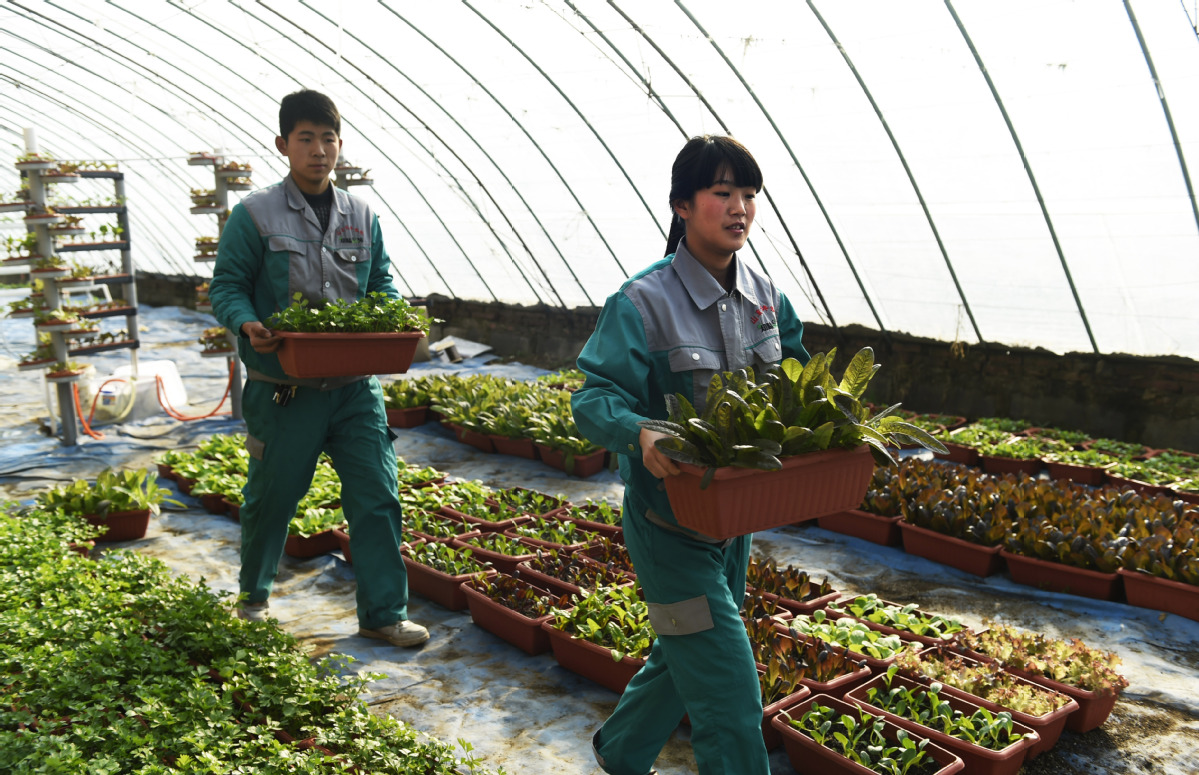Urban farming flourishes in homes as pandemic rages on


In the difficult circumstances during the coronavirus outbreak, people's concerns about food security have led to more kitchen gardens.
In recent decades, the fast pace of urbanization in developing countries is causing urban malnutrition, the Food and Agriculture Organization said, calling on planners to become "nutrition partners" and pay attention to food security.
Despite pressure to build homes and roads, there is more than enough urban land available within UK cities to meet the fruit and vegetable requirements of its population, researchers at the Institute for Sustainable Food at Britain's University of Sheffield said in a study last month.
In Singapore, a country that imports over 90 percent of its food, urban farming, including vertical and rooftop farms, is fast becoming popular.
The city-state, which ranks on top of the Economist Intelligence Unit's global food security index for 2019, aims to produce 30 percent of its nutritional needs by 2030, by increasing the local supply of fruits, vegetables and protein from meat and fish.
Singapore lawmaker Ang Wei Neng said early this month that during the coronavirus outbreak, "it would be wise for us to think of how to invest in homegrown food".
For Allan Lim, chief executive of ComCrop, a commercial urban farm in Singapore, the pandemic is a reminder that disruptions to food supplies can take place at any time.
"It has definitely sparked more interest in local produce. Urban farms can be a shock absorber during disruptions such as this," he said.




































